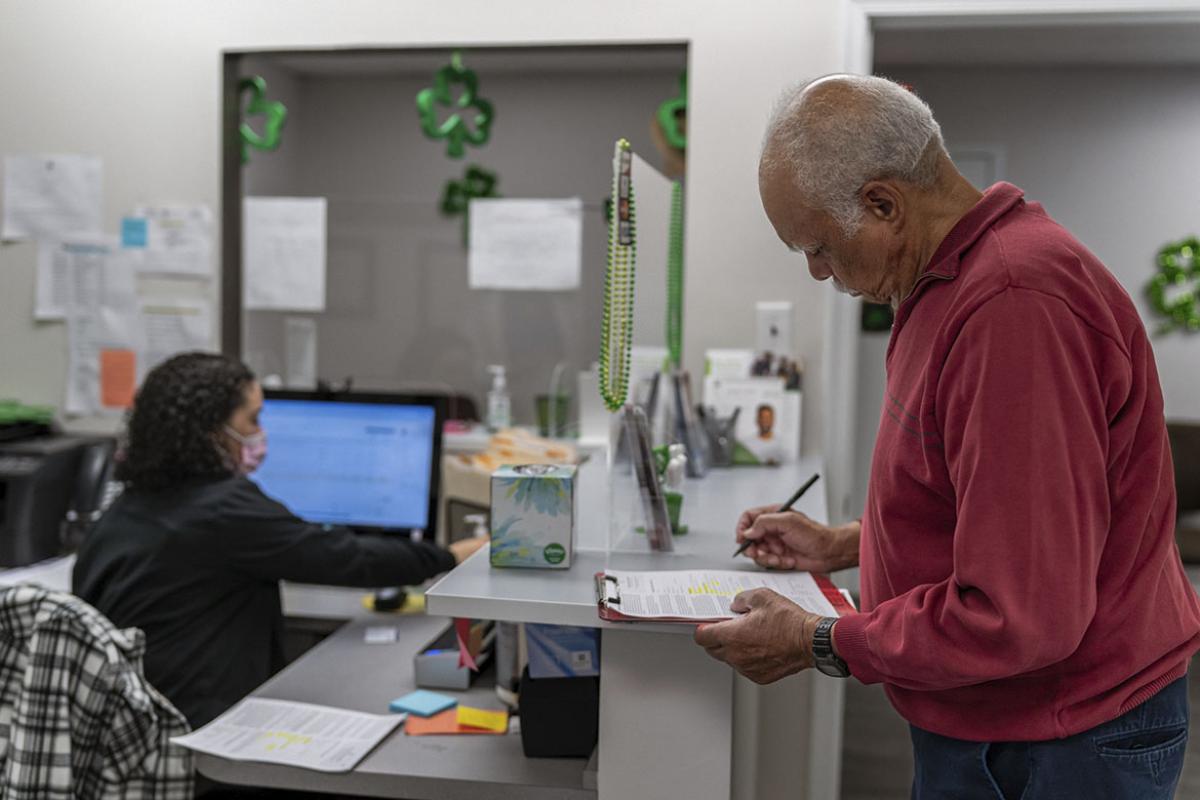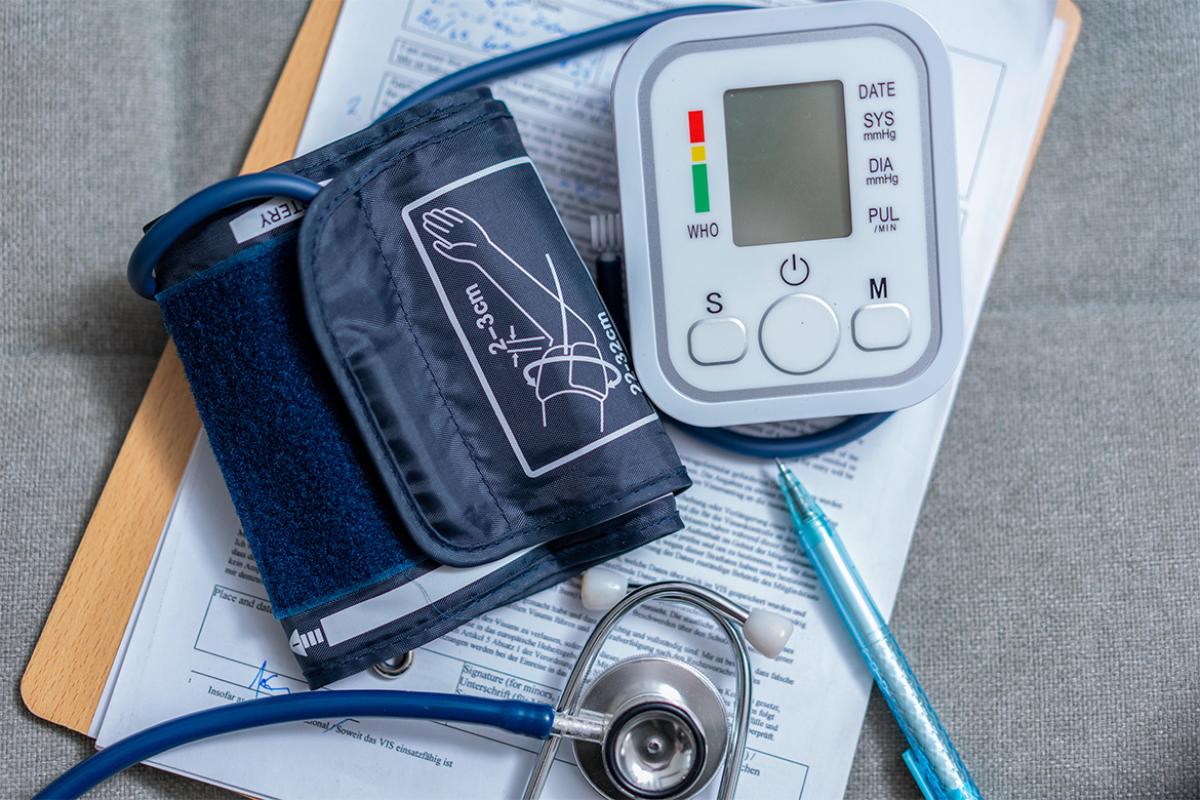Seniors make up some 30% of the physician workforce in the U.S. They are a lynchpin in patient care and medical education, especially given the Association of American Medical Colleges’ projected shortage of at least 37,800 physicians by 2034. Yet older doctors have felt hounded for years by calls in various circles for age-mandated competence assessment.
They have even faced suggestions of a mandatory retirement age. The Federal Aviation Administration has long barred older pilots from heading up most commercial flights. The maximum age for pilots is 65.
Being older might limit what a physician can do comfortably—standing for long periods to perform surgery, for example—but aging does not necessarily result in cognitive impairment, said Jenny L. Boyer, MD, PhD. She is a psychiatrist at the Department of Veterans Affairs at the West Texas VA Health Care System and chair of the AMA Senior Physicians Section (AMA-SPS) Governing Council.
“Some people are losing cognitive ability that is needed for performance, and others not so much,” Dr. Boyer noted. Determining physician competence should be done on a “case by case basis,” noting that the process “isn’t an issue of age. It has to do with ethics, in that physicians should routinely perform self-assessment.”
In fact, physicians can find their competence affected by countless factors unrelated to age. “A head injury, a stroke, lupus, multiple sclerosis, psychosis, paranoia” are but a few of the conditions that could conceivably affect a physician’s competence, Dr. Boyer said.
Keep focus on health and safety
The AMA Council on Medical Education and the AMA-SPS have been working for years to assure safe and effective care for patients by senior physicians. Together, they formed a workgroup to study the issue in 2015 and again in 2018. The council then submitted a report to the AMA House of Delegates in advance of the November 2021 AMA Special Meeting.
“Although age alone may not be associated with reduced competence, the variation in cognitive abilities as physicians age suggests that the issue cannot be ignored,” says the report (PDF), whose recommendations were adopted by delegates at the meeting.
“The primary driver for the establishment of guidelines should be to fulfill the ethical obligation of the profession to the health of the public and patient safety,” the report notes.
Building blocks for assessment
The report outlines a set of guiding principles that were developed with the help of “content experts who research physician competence and administer assessment programs,” it says. Those principles provide direction and serve as points of reference for screening and assessing all physicians—not just seniors.
Delegates adopted policy saying that any programs to assess or screen physician competence should be:
- Evidence-based. Guidelines for screening and assessing physicians across the professional continuum should be based on evidence of the importance of cognitive changes associated with aging that may impact physician performance. Some physicians may suffer from declines in practice performance with advancing age, acquired disability or other influences. Research also suggests that the effect of age on an individual physician’s competency can be highly variable. Since wide variations are seen in cognitive performance with aging, age alone should not be a precipitating factor.
- Ethical. Guidelines should be based on the principles of medical ethics. Self-regulation is an important aspect of medical professionalism. Physicians should be involved in the development of guidelines and standards for monitoring and assessing both their own and their colleagues’ competency.
- Relevant. Guidelines, procedures or methods of assessment should be relevant to physician practices to inform judgments and provide feedback regarding physicians’ ability to perform the tasks specifically required in their practice environment.
- Accountable. The ethical obligation of the profession to the health of the public and patient safety should be the primary driver for establishing guidelines and informing decision making about physician screening and assessment results.
- Fair and equitable. The goal of screening and assessment is to optimize physician competence and performance through education, remediation and modifications to a physician’s practice environment or scope. Unless public health or patient safety is directly threatened, physicians should retain the right to modify their practice environment to allow them to continue to provide safe and effective care.
- Transparent. Guidelines, procedures or methods of screening and assessment should be transparent to all parties, including the public. Physicians should be aware of the specific methods used, performance expectations and standards against which performance will be judged and the possible outcomes of the screening and or assessment.
- Supportive. Education or remediation practices that result from screening or assessment procedures should be proactive, ongoing and be supportive of physician well-being.
- Nonburdensome. Procedures and screening mechanisms that are distinctly different from “for cause” assessments should not result in undue cost or burden to physicians. Hospitals and health care systems should provide easily accessible screening assessments for their employed physicians. Similar procedures and screening mechanisms should be available to physicians who are not employed by hospitals and health care systems.
- Due process. Physicians subjected to screening and assessment must be afforded due process protections, including a fair and objective hearing, before any action that may be taken against the physician.
Delegates also directed the AMA to encourage Council of Medical Specialty Societies (CMSS) to develop educational materials regarding decline of cognitive and psychomotor performance throughout a physician’s career and the resulting impact on the quality and safety of physician practice.
AMA Chief Academic Officer Sanjay Desai, MD, communicated the AMA’s new policy and the need for the educational materials in a Jan. 20 letter to CMSS CEO Helen Burstin, MD, MPH.
Read more from the AMA about why physician competence should be top of mind, every day.



